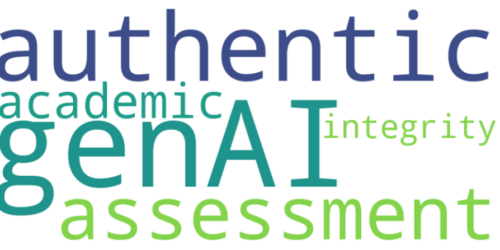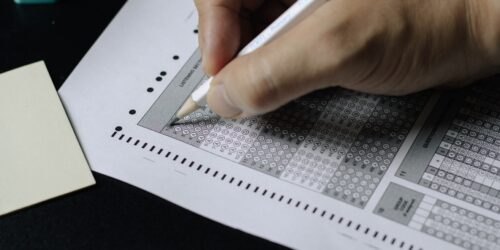Understanding your Students’ Conceptions of Assessment for a Better Learning Experience
Reading Time: 7 minutesHave you ever noticed that some students approach assessments with excitement and curiosity, while others seem overwhelmed with anxiety or disengaged? The way students perceive assessments significantly influences their experiences and learning, shaping how they engage with your course. By understanding the various student conceptions of assessment, you can better tailor your assessment strategies and support structures to meet diverse...















